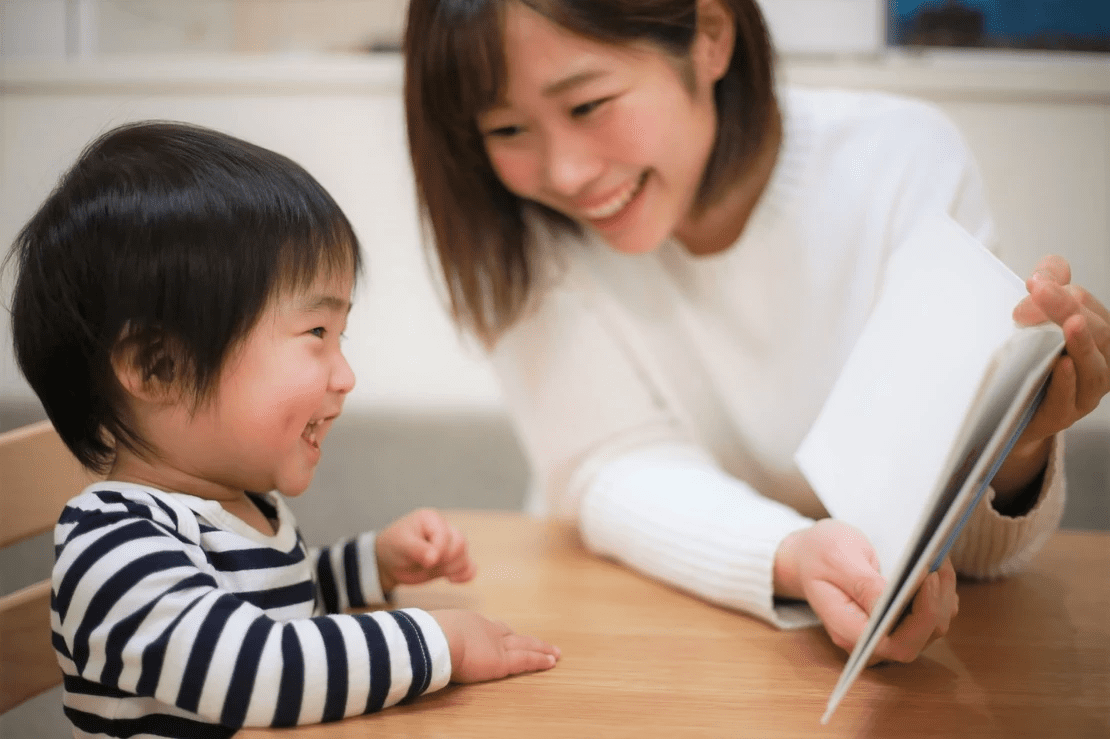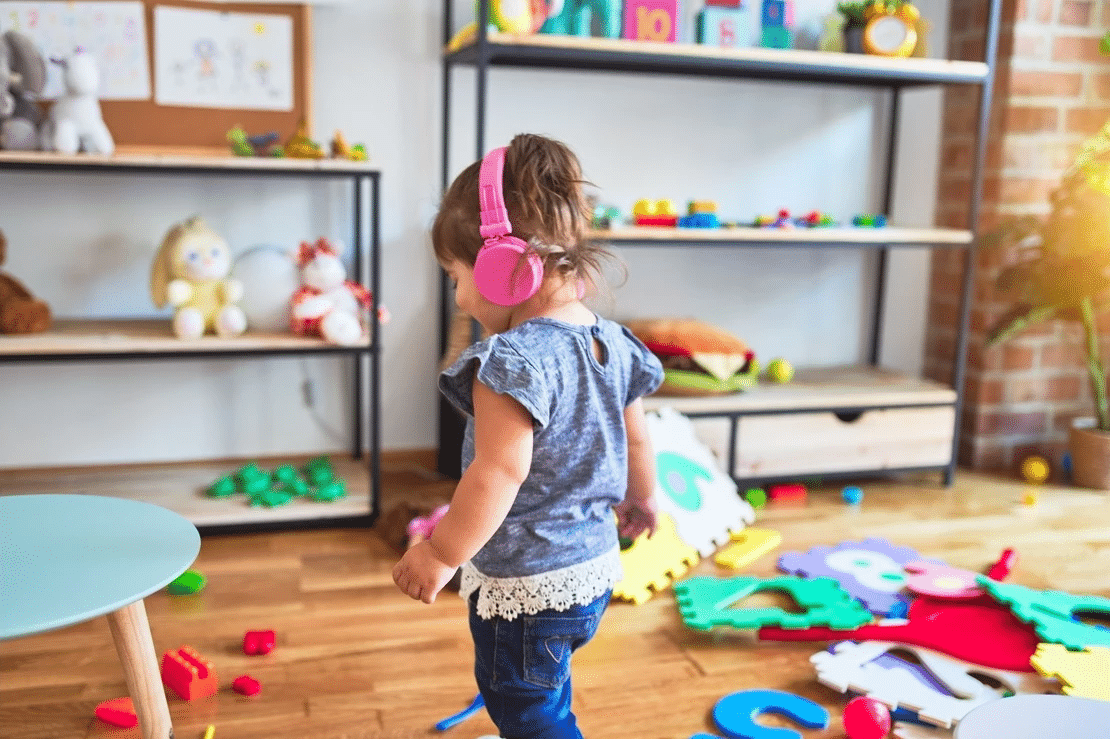 Book a Tour
Book a Tour WhatsApp
WhatsApp Join Waitlist
Join Waitlist
From the moment your little one is born, they are absorbing the world around them. That’s why it’s such a great idea to connect with your children through language – even when they can’t talk back. What’s even more important is recognising that brain development is critical between the ages of two and seven. It can mould your child’s personality, build strong relationships and shape their speaking and listening skills.
To help your child’s language development, here are four activities that are fun and brain-stimulating.


Reading and storytelling is one of the best ways to help your little one develop their reading, talking and listening skills. And it really is as simple as sitting down with them and reading through a fun book at least once every day. After all, reading and sharing stories together can:
Not only do children love listening to music and singing along themselves, but it’s a terrific way to support brain development and language skills. Studies show that children who grow up listening to music actually have stronger language skills because their brains have developed music-related connections.
How does it work? Well, listening to music helps us subconsciously retain words and expressions. Moreover, if the music is catchy and repetitive, it helps our brains create ‘patterns’ that makes it easier to remember new words.
If it’s a beautiful day outside, why not take advantage of the good weather and go for a walk around your neighbourhood? Not only does it get your little one out of the house, but it can be a great time to develop their language skills.
While you’re walking around the streets and parks, point out things that they recognise and have them say the words aloud – “sky”, “trees”, “birds”, “grass”. If they aren’t sure what the name is for something, tell them what it is and have them repeat it. Then on the way home, ask them again and see if they remember!
Despite the stigma around screen time, as long as you set appropriate limits and monitor your child’s usage, having them learn on devices can be hugely beneficial to their language development.
There are lots of games and apps on the market – many of them for free – that can help your child read, write and learn new words. Here are just a few to get you started:
At Heritage House, we take a holistic approach to childhood education and learning. That means recognising that all children need to be supported in their emotional, intellectual, physical and social wellbeing journeys.
We encourage children to explore their language learning through ongoing communication, and we love storytelling to help them learn about different cultures, new experiences and ways to build their imagination.


If you would like to know more about how we support your child’s language development, contact your local Heritage House centre or reach out to us online.